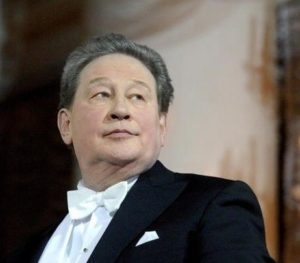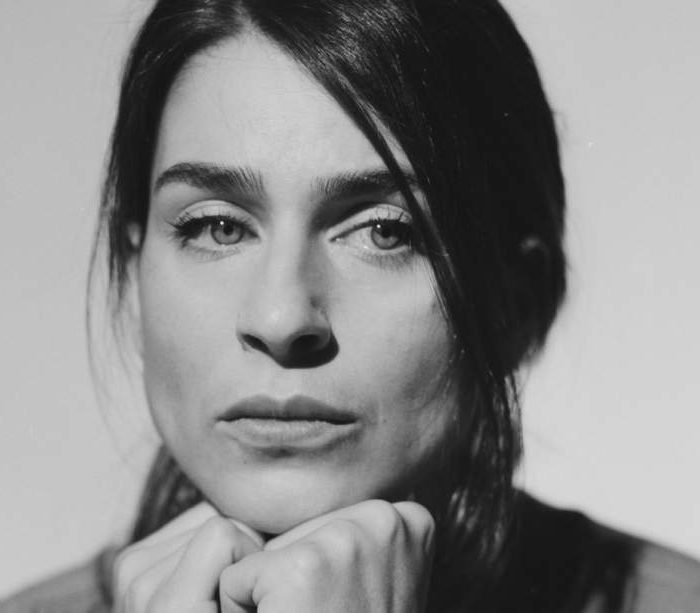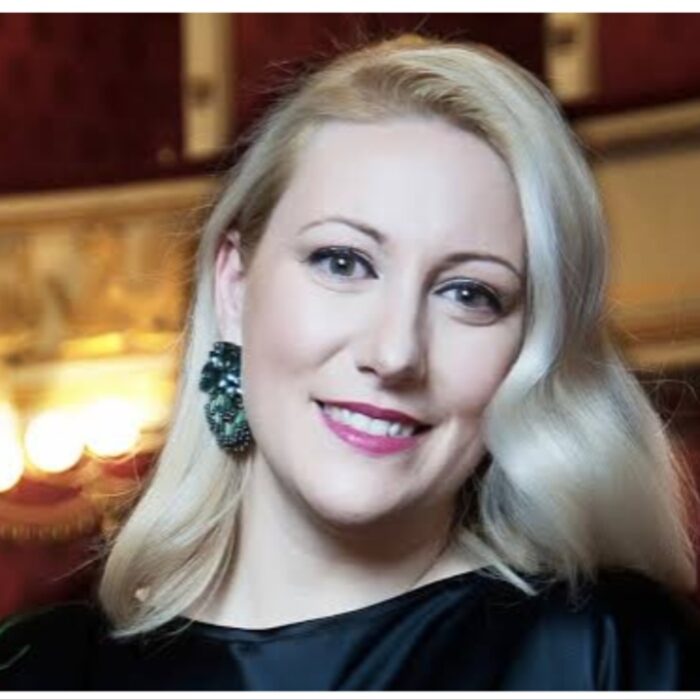
Obituary: Acclaimed Bass Yevgeny Nesterenko Dies at 83 of COVID-19
By Francisco SalazarYevgeny Nesterenko has died at the age of 83 of COVID-19 in Vienna, Austria.
The basses family confirmed the news noting that the bass had died in the hospital after contracting a severe case of COVID-19.
Born in Moscow, Russia on Jan. 8, 1938, Nesterenko first took up architecture and graduated from the Leningrad Civil Engineering Institute in Leningrad.
However, he went on to study music with Vasily Lukanin at the Leningrad Conservatory and made his debut at Leningrad’s Maly Opera (now Mikhailovsky Theatre) in 1962. In 1965 he graduated from the conservatory and joined the Mariinsky Opera and Ballet Theatre.
He went on to win the gold medal at the 4th Moscow International Tchaikovsky Competition and in 1971 he became a member of the Bolshoi Theatre.
He would continue to be a leading bass at the Bolshoi Theatre throughout his career and would also build an international career performing at every major opera house in the world including the Royal Opera House, the Teatro alla Scala, and the Wiener Staatsoper, where he appeared 56 times.
Among his most acclaimed roles were Sarastro in Mozart’s “Die Zauberflöte,” Basilio in Rossini’s “Il Barbiere di Siviglia,” Méphistophélès in Gounod’s “Faust,” Ramfis in Verdi’s “Aida,” “Attila,” Banquo in “Macbeth” and Filippo II in “Don Carlo,” and the Water Goblinman in Dvořák’s “Rusalka.” However, his most sought after was the title role of “Boris Godunov.” With the role, he won the “Golden Viotti” medal in Italy in 1981.
He also received awards from Austria, Germany, and Russia and was also the winner of the Giovanni Zenatello Prize “For an outstanding portrayal of the central character in the opera Attila.” He also received the Chaliapin Prize of the Creativity Academy.
In total, he sang over 50 roles and dedicated a large part of his career to Glinka, Mussorgsky, Tchaikovsky, and Borodin. Nesterenko was also the first to perform many works by Shostakovich, Sviridov, and Taktakishvili.
He went on to perform with such well-known conductors as Kirill Kondrashin, Maxim Shostakovich, and Gennady Rozhdestvensky.
Nesterenko left a huge recording legacy as he made 70 albums including 20 complete operas. Among the recordings included “Nabucco” and “Il Trovatore” with Placido Domingo, “Ruslan and Ludmila,” “Boris Godunov,” “Eugene Onegin,” “Faust” with Kiri Te Kanawa, and “Don Pasquale.”
He wrote two books, “My Way of Working with Singers” and “Reflections on My Profession” and authored over 200 printed articles.
After retiring from the stage, he became an acclaimed teacher who taught at the Moscow Conservatory and the Music and Arts University of the City of Vienna.
Categories
News

